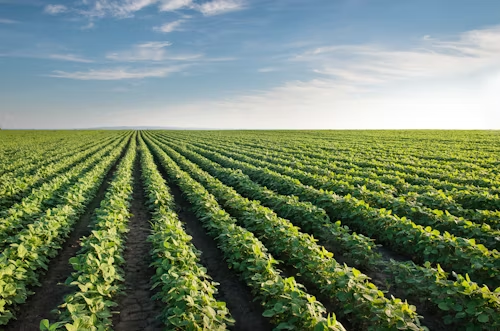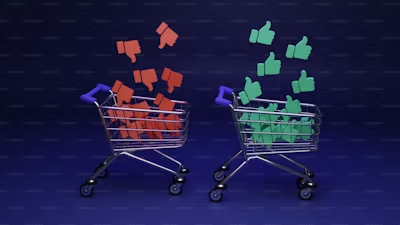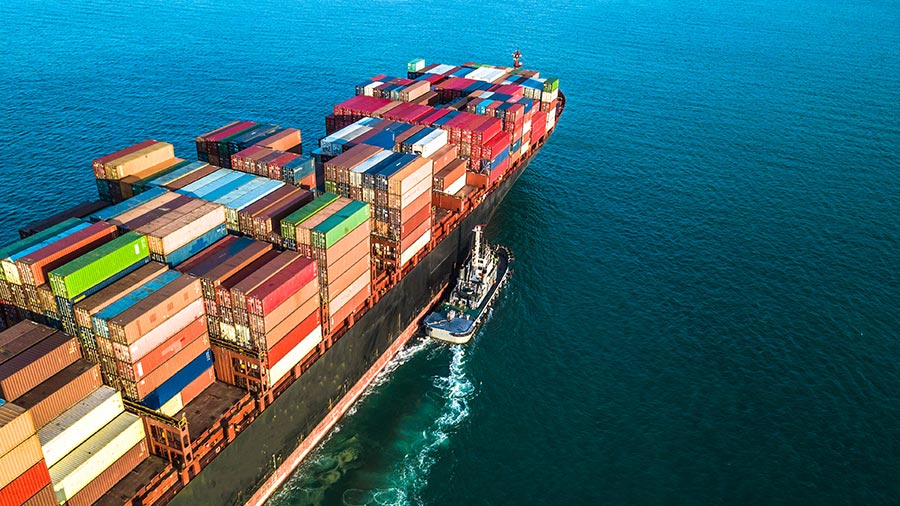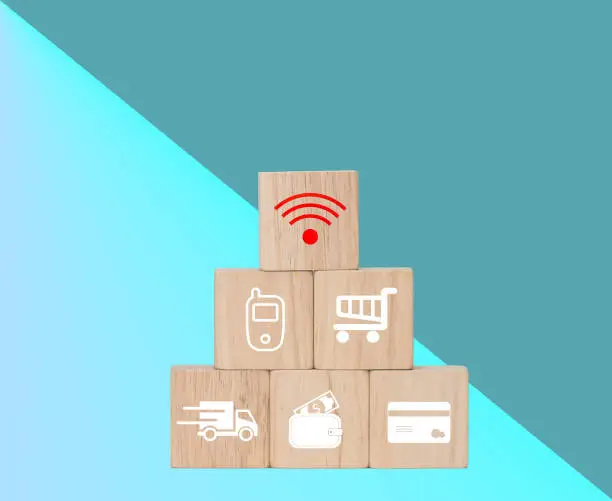One of the Baltic States tucked away in Northern Europe, Latvia provides a distinctive environment for farming pursuits. Rich in natural assets, the nation offers a promising but underutilized farming potential with its pleasant environment and changing economic situation. This piece examines the elements that draw foreign investment to Latvia’s agriculture industry, emphasizing significant areas of the market’s possibilities.

Natural resources and climate
Latvia is endowed with a wealth of natural assets that are ideal for farming. The nation is endowed with an abundance of water supplies, vast woodlands, and lush soil. With its pleasant summers and crisp winters, Latvia’s environment is ideal for raising a wide variety of animals and crops. These are very good conditions for raising dairy and meat as well as for growing fruits, vegetables, and grains.
Plains, hills, and several rivers make up the diverse terrain, which provides a range of microclimates and agricultural settings. Furthermore, there is a lot of fertile land accessible for cultivation in Latvia due to its comparatively sparse population, which offers both new and experienced farmers considerable potential.
Key agricultural sectors
Latvia’s agriculture is dominated by a few major industries. The nation has a widely recognized dairy sector that is renowned for manufacturing cheese, milk, and other dairy goods of the highest caliber. Dairy products from Latvia are becoming more and more well-known both locally and abroad, and exports are increasing gradually.
The cultivation of cereals, especially barley, oats, wheat, and grains, is another significant aspect of the farming sector. Cereals are a major export good because of the great yields made possible by the rich soil and ideal growing environment. Fruits like apples and berries, as well as vegetables like potatoes and cabbages, are also produced in a highly developed manner.
The growing customer demand for organic goods is propelling Latvia’s organic agricultural industry forward. Latvia has a competitive advantage in raising organic cattle and crops because of its comparatively low usage of synthetic substances in agriculture. The nation’s dedication to sustainable agricultural methods is in line with international movements towards environmentally and health-conscious consumerism.
Government support and EU membership
The government of Latvia has launched several programs to aid the agriculture industry. Subsidies, incentives, and technical support targeted at enhancing ecology and production are beneficial to farmers. The rivalry of the industry has increased as a result of the government’s emphasis on rural growth and modernizing farming methods.
Supplementary advantages stem from Latvia’s EU participation. The EU’s Common Agricultural Policy (CAP) provides Latvian farmers with financial support so they may invest in technology, infrastructure, and new equipment. Programs for rural growth, which encourage innovation and variety in farming operations, are also supported by EU money.
Market access and export potential
Due to its advantageous position, Latvia has easy accessibility to markets throughout Europe and the world. The nation’s rail, road, and port systems make it easier to move agricultural goods effectively. As an EU member, Latvia benefits from a unified set of rules and standards as well as access to a sizable and prosperous market.
Substantial export potential possibility for Latvian crops due to the increasing demand in Europe as well as abroad for food that is safe, high-quality, and produced responsibly. Health-conscious shoppers find the nation’s traditional and organic goods—like dairy, honey, and berries—to be especially tempting. The marketability of Latvia’s agricultural exports is further enhanced by the country’s renowned high standards in the food processing industry.
Challenges and opportunities
Notwithstanding the advantages, Latvia’s farming industry faces several difficulties. The size of manufacturing and financial viability may be constrained by the comparatively limited domestic market in the nation. In addition, the aging rural population and youth migration to cities or overseas present difficulties for succession planning and labor supply.
But there are also advantages to these difficulties. Precision farming, smart farming innovations, and ethical farming practices are only a few examples of innovative and modern farming methods that have potential. Further opportunities for diversifying and added value are presented by the increased interest in local food movements and agro-tourism.
To summarize
Due to its advantageous position, abundance of natural resources, and supporting government regulations, Latvia has a considerable consumer market for farming. Even with obstacles like labor shortages and market size, there are plenty of chances for development, innovation, and export growth. Focusing on quality, diversity, and sustainability, Latvia’s agriculture industry is well-positioned to prosper in the changing global marketplace. Latvia presents a hospitable environment for investors and businesspeople to cultivate new farming potential.
You may also find these articles helpful
Getting an Agriculture, forestry, and fishing licenses in Latvia
Agriculture business ideas
Food and beverage production market overview in Latvia







